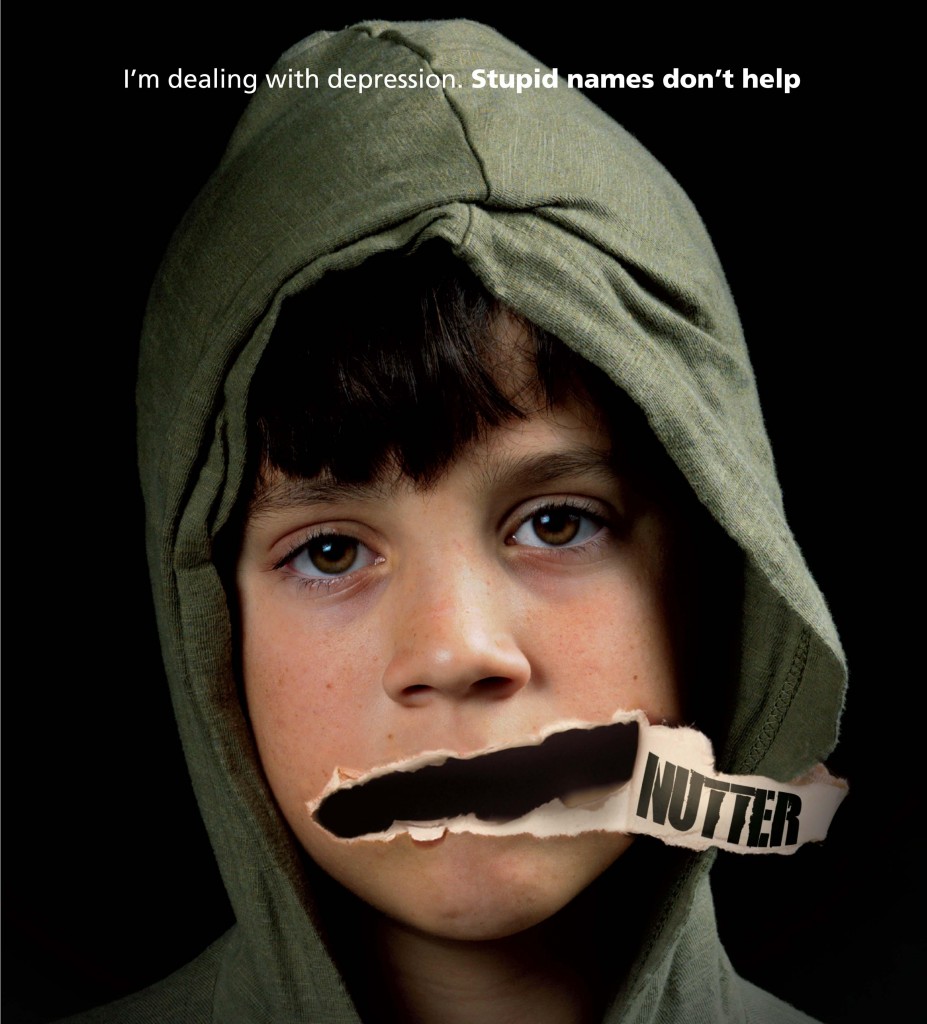I’ve been thinking about all the attention Robin Williams’ suicide has garnered, how the continued stigma of mental illness recalls attitudes toward gay people not so long ago. There is the same proclivity to make what we don’t understand, what we irrationally fear might contaminate us, so “other” as to be perverse, and so perverse as to be unspeakable. That’s why people suffer in silence and kill themselves. Many far less capable of getting help and support than Robin Williams. Obviously being gay is healthy and worthy of pride and therefore not a perfect analogy, but I’m talking about how we stigmatize those who are different AND who should have no shame, and this includes people with mental illness. And why do we still call it “mental illness” when we know its biochemical/physiological in origin? (Which doesn’t preclude the fact that nurture impacts nature and vice-versa as the brain, however mysterious,is clearly plastic).
That the media repeatedly misrepresented Williams condition as depression rather than bipolar disorder, is proof of this stigma since depression is less strange, less perverse and therefore easier to sympathize with. Anyone in doubt about Williams’ hypomania has never seen him perform on stage, or on a talk show. Andrew Solomon does a good job of getting at these issues in his New Yorker piece though his claims that Williams was very open about his condition is countered in the first link I shared.
Yes it is sad that Williams killed himself, but what is TRULY sad is the stigma that remains, and the willful ignorance that feeds it. If only we were more aware that people suffer in silence largely because of this ignorance and fear. Please educate yourself. Suicide is the 10th leading cause of death in the United States, and one in four adults−approximately 61.5 million Americans−experiences mental illness in any given year. I myself have suffered and treatment made all the difference, and while I refuse to be ashamed of this, to be “in the closet”, kindness and understanding by others are no less needed. And I feel safe saying that on behalf of 60 plus millions, safer in fact.
Dearest,
I feel certain I am going mad again. I feel we can’t go through another of those terrible times. And I shan’t recover this time. I begin to hear voices, and I can’t concentrate. So I am doing what seems the best thing to do. You have given me the greatest possible happiness. You have been in every way all that anyone could be. I don’t think two people could have been happier till this terrible disease came. I can’t fight any longer. I know that I am spoiling your life, that without me you could work. And you will I know. You see I can’t even write this properly. I can’t read. What I want to say is I owe all the happiness of my life to you. You have been entirely patient with me and incredibly good. I want to say that – everybody knows it. If anybody could have saved me it would have been you. Everything has gone from me but the certainty of your goodness. I can’t go on spoiling your life any longer.
I don’t think two people could have been happier than we have been.
— Virginia Wolff’s suicide letter to her husband Leonard, 1941


